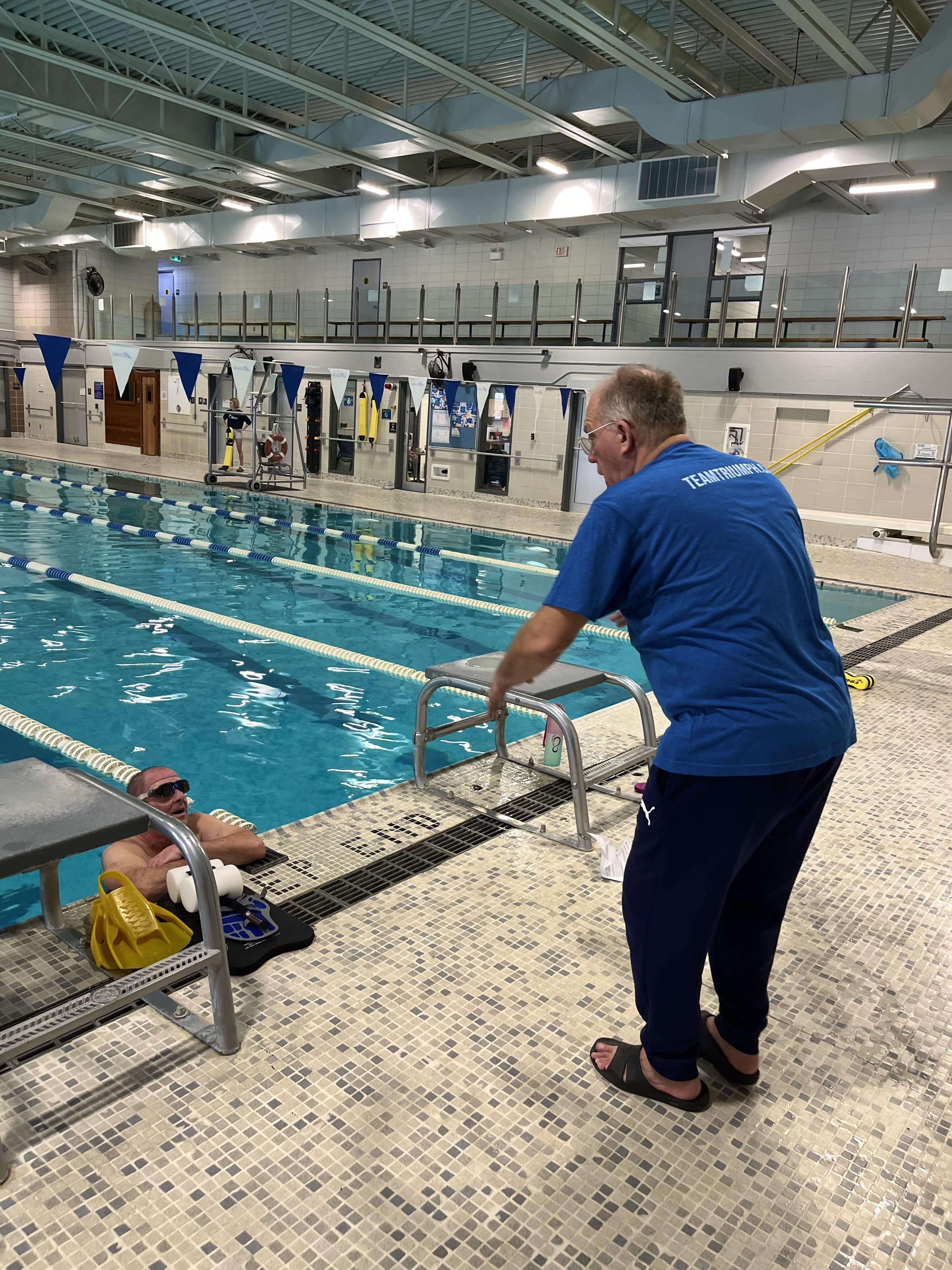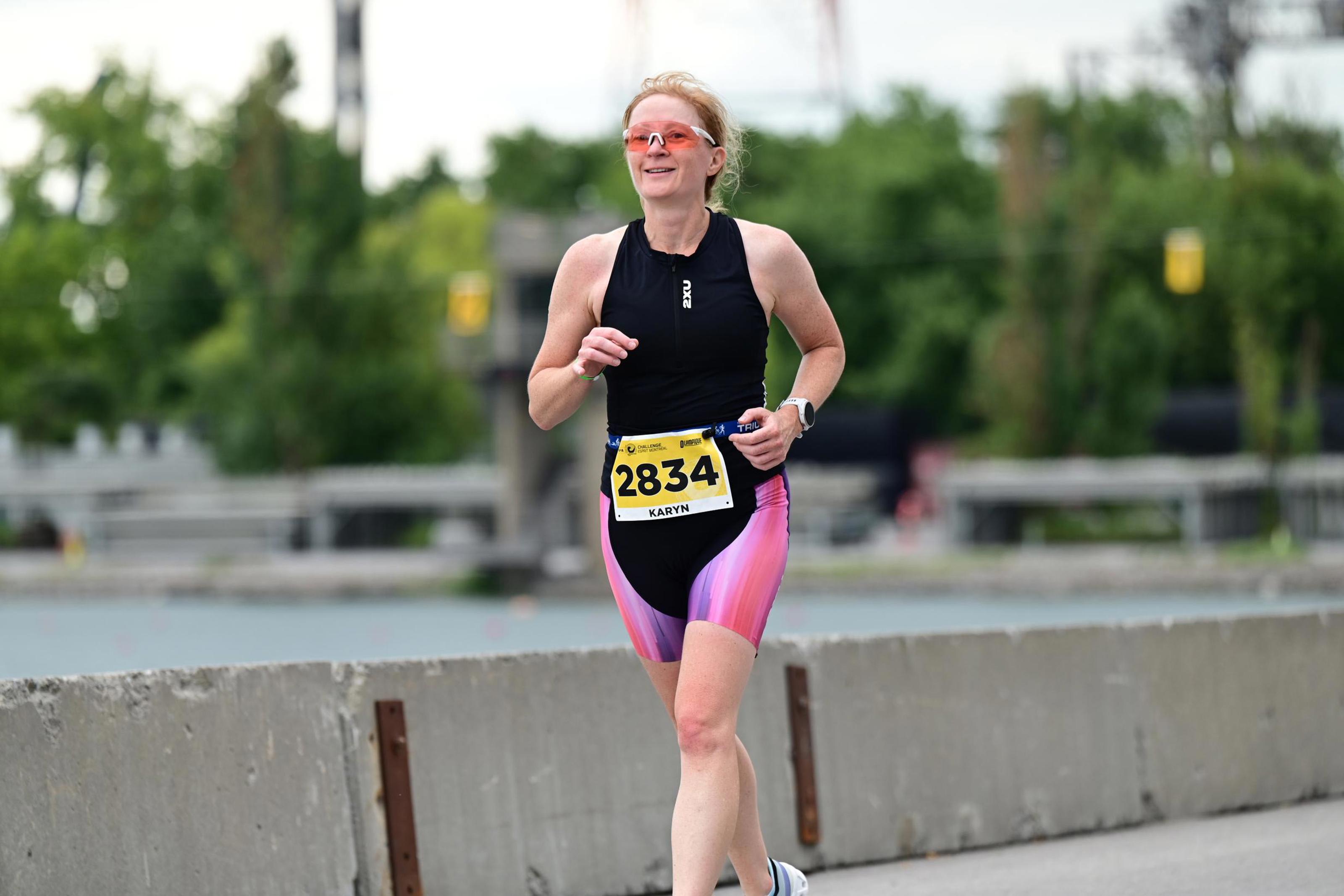
So many variables affect how we perform as triathletes. The right balance of work/rest, hydration, nutrition, strength training, stretching, and sleep all contribute to our performance.
In this blog, we'd like to talk about the importance of sleep as part of recovery in an athlete's training plan.
Few people appreciate the physiological benefits that take place during rest, especially sleep. While sleeping, the body releases growth hormones to repair the damage from the day’s training stress and to strengthen our bodies weakened by training.
In this article from Training Peaks: The Whole Picture: Recovery Through Sleep a good sleep is needed...
* to maintain the performance of thinking and problem-solving,
* for carbohydrate metabolism and the appetite associated with particular blood sugar levels,
* for the performance of the immune system in identifying and neutralizing invading pathogens,
* to reset\ the calibration of our internal perceived exertion (RPE) scale, to maintain good sensations of fatigue and mood
With such clear benefits, you would expect that athletes would take sleep as seriously as training, but according to surveys performed by Dr. Shona Halson at the Australian Institute of Sport, this is seldom the case, even amongst elite athletes.
So, what can we do as athletes to ensure that we are managing our sleep so that it helps us recover rather than causing additional stress on our bodies?
We need to start treating our sleep like we do our training.
With every training session, we have a warm-up, the main set, and a cooldown. Let's consider how that could look if we were tracking our sleep:
3. Cooldown - Post-wake evaluation
As Triathletes, we know that data collection is key in figuring out what is working and what is not working. You can't change what you don't acknowledge, so if you know that your sleep is less than perfect, then read the full Training Peaks article [here] and get to work making the changes necessary.
Julia Aimers
CSEP Clinical Exercise Physiologist
CSEP High-Performance Specialist
Certified Triathlon, Cycling, Yoga and Swimming Coach
USA Cycling Level 2 Coach
Training Peaks Accredited Coach

I would highly recommended Eric and Team Triumph!
Ian Ross

A year ago I could only tread water and had not run since childhood. With the amazing Virtual Olympic course, support, guidance, and tips from of all the folks at Team Triumph I've ended the season with my first Olympic distance triathlon under my belt and am hooked! Really looking forward to the 2025 season and even to the hard work over the winter to prepare. Karen Houle

I wanted to let you know that the Perth triathlon was a great experience, I somehow placed third in my age group! What a supportive group of participants (including Team Triumph athletes), cheering bystanders and volunteers.
Thanks to your swim lessons, I learned the technical basics and gained confidence to get back in the pool after decades. And it was really special doing this with Ann Laidlaw, my bestie for many years. We did a couple of additional swims with Kevin and Team Triumph people, also a great way to continue learning and practicing good technical form.
I will continue with lane swimming and who knows, maybe there's another triathlon in my future!